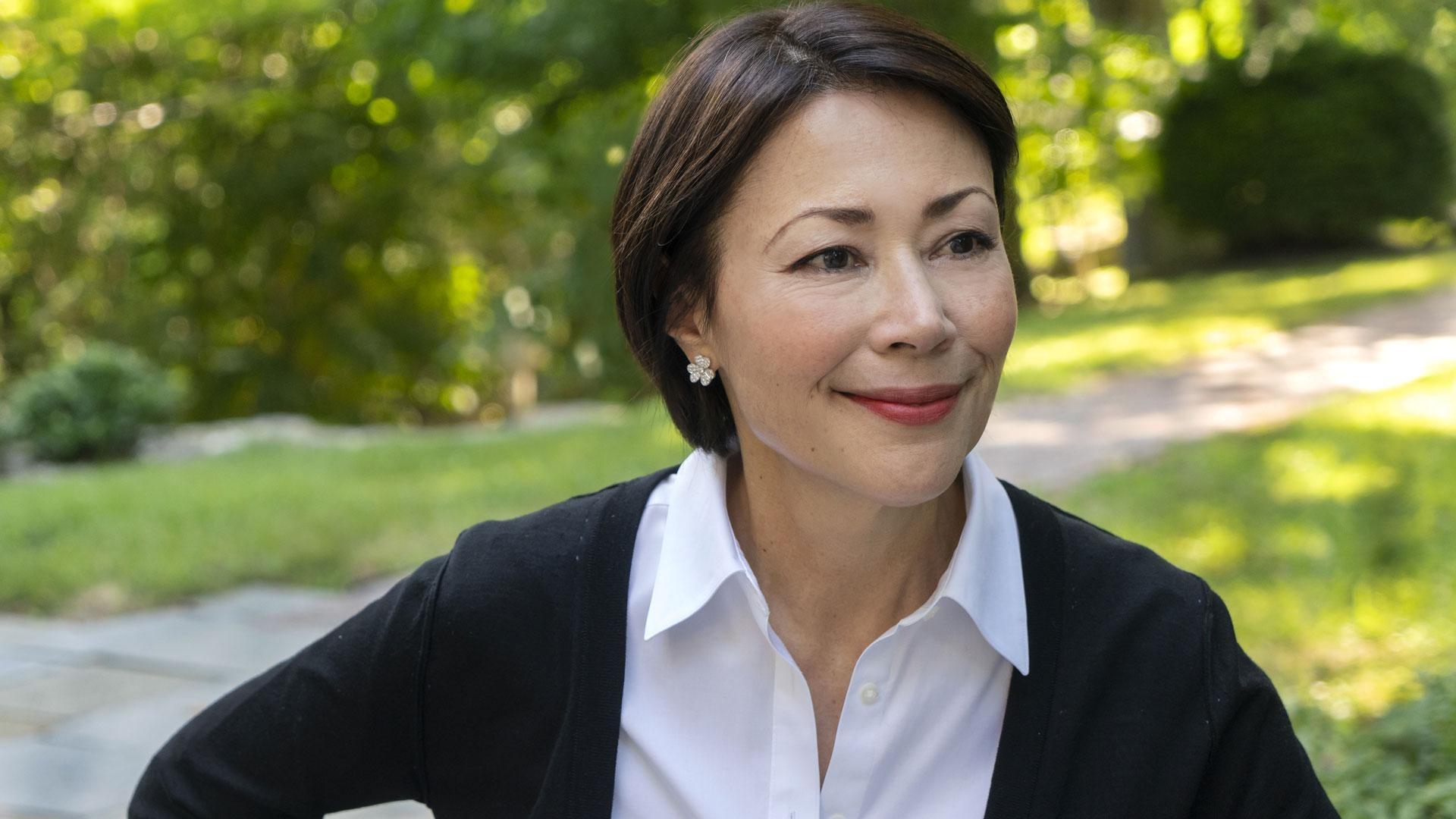Veteran journalist and keynote speaker for the 2018 Women’s Foundation “We Work for Change” event, Ann Curry shares her thoughts on the premiere of season two of her PBS series “We’ll Meet Again” and being a woman in journalism.
We’ll Meet Again
1. What inspired you to take on the series “We’ll Meet Again”?
I knew immediately that the stories could reveal much about our humanity. I don’t have an agenda. Each episode reveals something new. They are rich in history and in human dignity. The viewers will take from them what they will.
2. What’s the biggest lesson you’ve learned from your experience working with the people you’ve featured?
If has affirmed what I already knew: That everyday people who are rarely heard have the best stories to tell.
3. How do you and your team discover these stories? What came first, the topic or the people?
We explore topics to find these stories, and change topics if better stories come up.
4. What methods do you use to track down the missing person? Does it ever seem like an insurmountable task?
Yes. There are many we cannot find. We lay out in our storytelling what it takes to track people down. Organizations, libraries, birth and death records, phone books. It takes following one lead after another.
5. What would you say to those out there who are still searching for their “meet again” hero?
Don’t give up, as finding your hero will be fulfilling. Take good notes as you go through the records. Look for even the smallest thread.
6. Do you have a favorite “meet again” story?
No. I do think our upcoming stories about Holocaust survivors is an absolute stunner.
7. Why did you choose PBS as the destination to distribute your series?
PBS supports quality. Local stations and communities could support their viewers with data and perhaps any local links to the transformative historic events in our stories. For example, one of our upcoming episodes is about veterans of the Vietnam war, searching for the heroes who changed their lives. I am guessing there are Vietnam veterans served by many local stations who have stories to tell that could help others, including schools, understand just what 18 year old boys sent to that war went through.
“We Work For Change”
8. In your career, what “changes” have you seen in the role female journalists play or opportunities for women in the industry?
Women have moved from being secretaries in media companies to all ranks of journalism, except in any significant way, the top jobs. The people managing news and directing what stories are covered are still largely men.
9. Who has inspired you in your career?
Walter Cronkite, Leslie Stahl and Marie Colvin are inspirations. As are Gandhi, Martin Luther King Jr. and Ida B. Wells.
10. What advice would you give to young women pursuing a career in journalism?
Work most of all, for the people who are reading, watching or listening to your stories. Tell them the truth, unvarnished, which means all sides, fairly presented.




